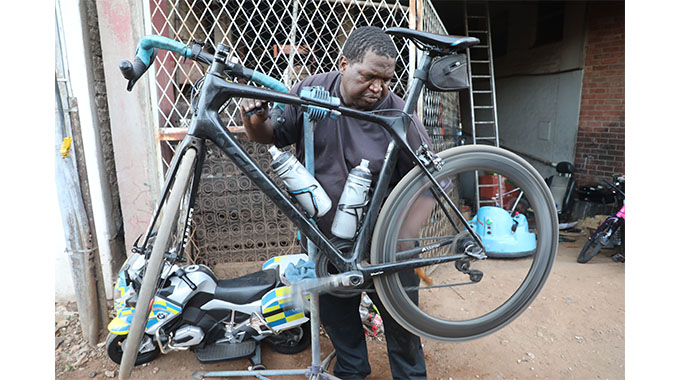ARDA registers village horticulture gardens as companies

Nqobile Tshili – nqobile.tshili@[email protected]
THE Agricultural and Rural Development Authority (ARDA) is registering village horticulture gardens and irrigation schemes into private companies to promote financial inclusion for rural communities.
President Mnangagwa launched the Presidential Rural Horticulture Scheme in Makorokoro in Mangwe in 2021 as part of initiatives to uplift rural communities as the country forges towards attainment of Vision 2030.
Through village horticulture gardens, Government believes communities can be transformed from subsistence farming to commercial-oriented agriculture.

President Mnangagwa
In an interview, ARDA chief executive officer Mr Tinotenda Mhiko said to transform villages the authority is registering irrigation schemes and community gardens as companies.
“They are farming as businesses, their farming is market-led and all the 35 000 village gardens are going to be registered as companies under the Companies Act. We have already started the process,” said Mr Mhiko.
“So far, we have concluded the registration of nine village horticulture gardens. Of the nine, seven are in Mashonaland Central, one in Masvingo and one in Matabeleland South in Mangwe.”
He said ARDA was also registering Bubi-Lupane Irrigation Scheme among others as private companies.
“For instance, we have the Mangwe Village Garden, it will be called the Mangwe Village Garden Private Limited. I will give an example of Bubi-Lupane Irrigation Scheme, it will be called Bubi Lupane Irrigation Scheme Private Limited. That is how we are registering the companies,” he said.

The Agricultural Rural Development Authority (Arda)
Mr Mhiko said this will promote financial inclusion for the previously marginalised communities.
He said it will also enable communities to access loans to scale up production in gardens.
“They build their asset base and they can market and can now borrow long as they have a healthy balance sheet. We can also talk of employment creation and that we are now paying our farmers using National Employment Council (NEC) regulated wages also dovetails with the current affairs and transformation which is happening in the country. Our farmers have become active economic participants as opposed to spectators in farming,” he said.
Mr Mhiko said the programme speaks to rural industrialisation and accelerates the attainment of Vision 2030.
He said taking farming as a business is expected to contribute to rural economic development spearheaded by rural communities.
“This dovetails with rural industrialisation because it dovetails into provincial gross domestic products (GDP) and devolution agenda. I will give an example of Matabeleland North, if the provincial agricultural production and productivity is very high, subsequently the income generation and the turnover would be very high,” he said.
“It actually dovetails into provincial GDPs and provincial devolution agenda. Hence considering that we have 400 irrigation schemes that are being managed across the country’s eight provinces, just imagine the earth-shattering impact on the contribution of agriculture on the provincial GDPs.”
Mr Mhiko said ARDA is bringing professional expertise to rural development.
In ARDA-managed schemes, the parastatal provides technical expertise, resources while communities mainly provide labour and after a farming venture dividends are shared.

“We have the V 2030 model, the model that we use in managing ARDA estates, the model that we use to manage the 450 irrigation schemes and 26 000 hectares across the country, the model that we are using to manage the 20 milk collection points in 23 districts across the country benefitting over 300 000 households,” said Mr Mhiko.
“You will find that these cocktails of interventions have tremendously transformed these reserves where most of our rural farmers were settled in the past. They are now being transformed into greenbelts. You will find that there is water and there is the best expertise and there is the use of the best agronomic practices.”
-@nqotshili











Comments